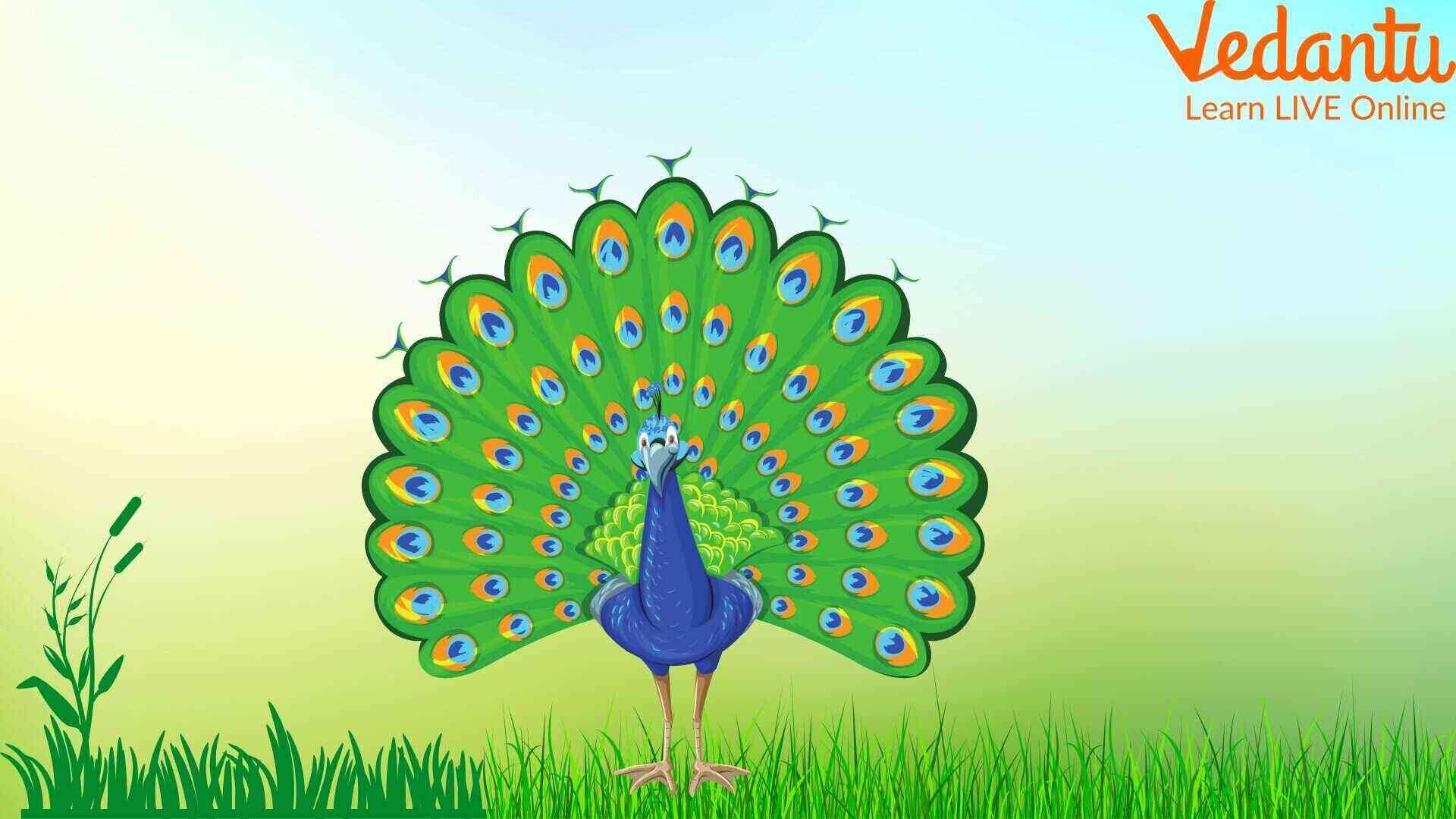Names and Scientific Names of National Birds of Countries List
Introduction
Birds have always been the prime choice of emblems, sigils, and insignias of various dynasties and countries since the historical ages. These majestic creatures exude confidence in what they do and make a sign of bravery, power, intelligence, survival, and many other things. In this article, we will find out the names and scientific names of national birds of all countries.
This list will help you understand and remember the common names and scientific names of the national birds of the leading countries in the world. You can easily prepare this list and escalate your general knowledge. With this list, you can find answers to common questions such as what is the national bird of a particular country.
Why are Birds Considered National Symbols?
The appearance of a bird defines particular traits. These traits when matched with a country’s heritage, vision, and history, it is considered the national bird of that country. Choosing a symbol like this enables us to represent the core values of a country and also to give a good message to the world.
Previously, symbols, sigils, insignias, and emblems were used to contain the images or drawings of particular birds. A particular species was chosen that was random in that country and represented a core value. National birds are chosen to showcase power, intelligence, viciousness, valour, and bravery back in history. These days, it is chosen based on the availability of a species in a country and to symbolise something important.
List of National Birds’ Names and Scientific Names
Here is the list of scientific names of birds chosen as national birds along with their common names.
How is a National Bird Chosen?
Every country must choose a national bird. It plays as a sign or symbol of a country’s heritage and traditions. The symbolism of a species chosen as a national bird can also signify many things. Hence, choosing the right species is mandatory. In fact, we also have many examples where the countries are known by their national birds in the world.
In most cases, a bird is chosen based on its availability in the wildlife ecosystems of a country. The abundance, uniqueness, and ubiquity of a bird species are considered before making it a national symbol. For instance, the proper bird's information is taken and tallied with that of others to consider it a national bird.
The birds are also chosen based on the national character of a country deep-rooted in age-old history. The bird might be mentioned in history too. The list above represents how birds are chosen based on their importance and significance. Some are officially recognized whereas the rest are unofficially adopted. A country might have different types of birds but only one is chosen as the right symbol for a country considering all these factors.
It also shows that all countries have considered different species as national birds. It means that all the countries are different in terms of diversity in avian fauna too. If we consider the above list of bird names, we can clearly understand how these birds have been chosen as the national symbol of a country.
National Birds Name and Example
Let us consider an example. If we consider the peacock, it is the national bird of India. Male peacocks are majestic in terms of their beautiful plumage and elegance. They walk with a royal charm and can also fly. Peacocks are big in size and have huge tails. They dance in front of female peahens to charm them and commit to a courtship.
This world beautiful bird is considered to be India’s national bird as it is the vehicle of Lord Kartikeya, the son of Lord Shiva. The royal palaces of India were adorned with peacocks. This bird is easily recognizable. It can also kill snakes and ward off small predators. Peacocks are fierce protectors of their territory.

National Bird of India
We can clearly understand why this bird has been chosen as the prime symbol of India. Our rich culture and heritage reflect the powerful dynasties, thrones, and the existence of valour. A peacock is the perfect reflection of all these strong traits of India.
In similar ways, a national bird is chosen by a country. Sometimes, it is unofficially adopted based on the affluence of a species. These choices do not have any direct connection with the history of a country or resemble any particular trait of a constitution.
Benefits of The List of Birds Name
This list will help you to find the names of national birds of countries stacked in alphabetical order. Using this table will help you to memorise the common and scientific names of the birds faster. In fact, you can also use it along with an all birds name with picture PDF file to recognize the birds and answer quiz questions accurately.
Remembering the names will also help you to score more in the competitive exams. The competitive tests often ask questions related to national birds of different countries. Memorise this list and find out the accurate names of national birds and answer questions faster.
Conclusion
The list of national birds shows how fascinating the avian world is. There is so much diversity. Ornithologists study birds and their characteristics. It is a different branch of science. Learning the names of the national birds will offer the above-mentioned benefits.
Get a better competitive edge with this list by increasing your knowledge. Learn to recognise the birds' pictures with names by referring to this list and become an expert. You can also find out why a bird is chosen and considered a national symbol among all other birds found in a country.







